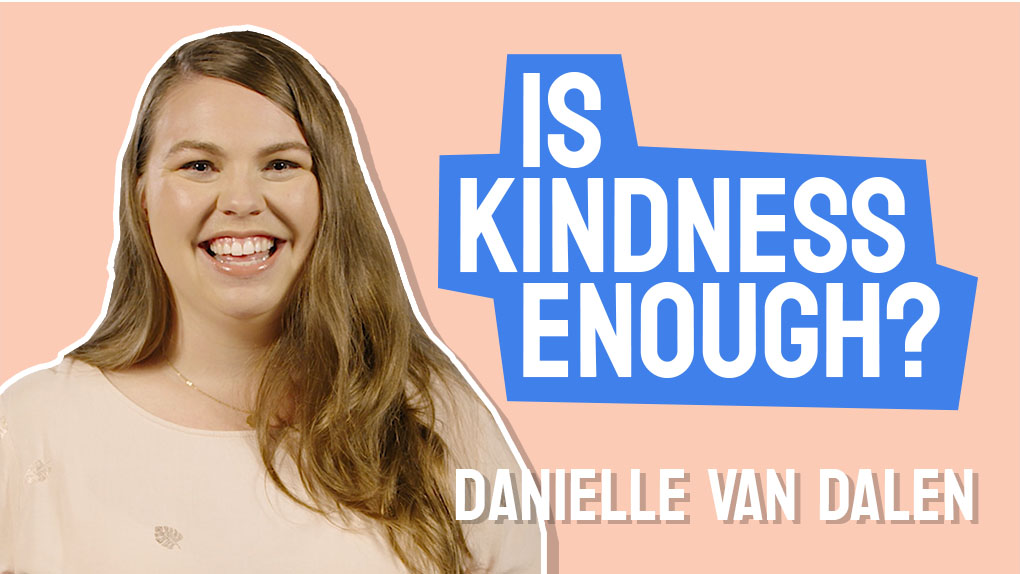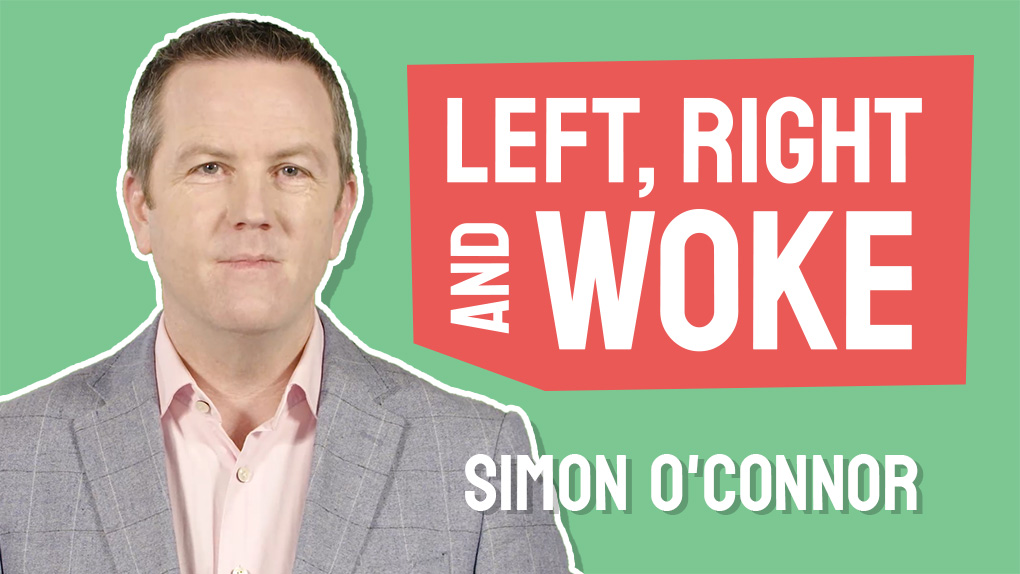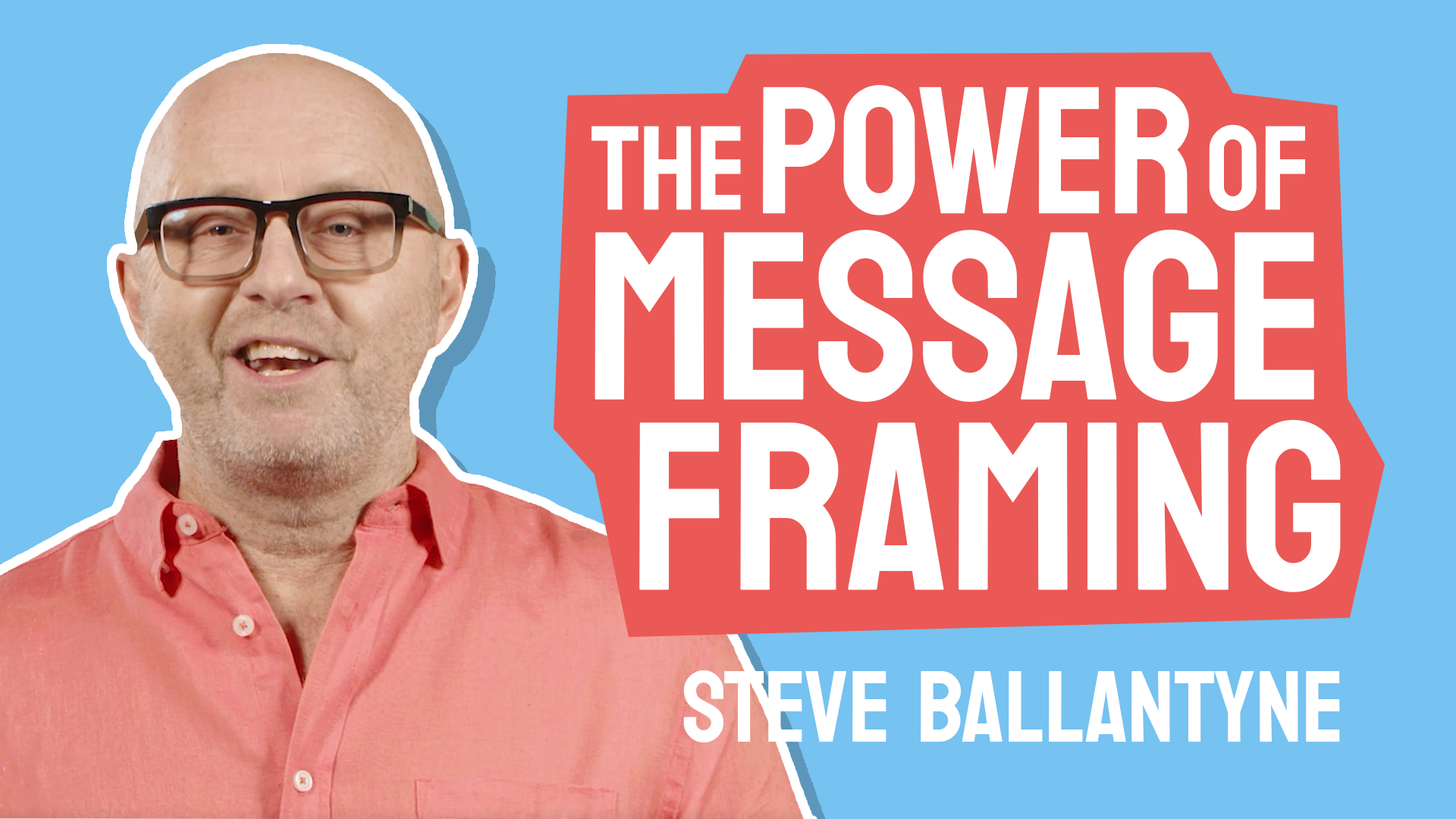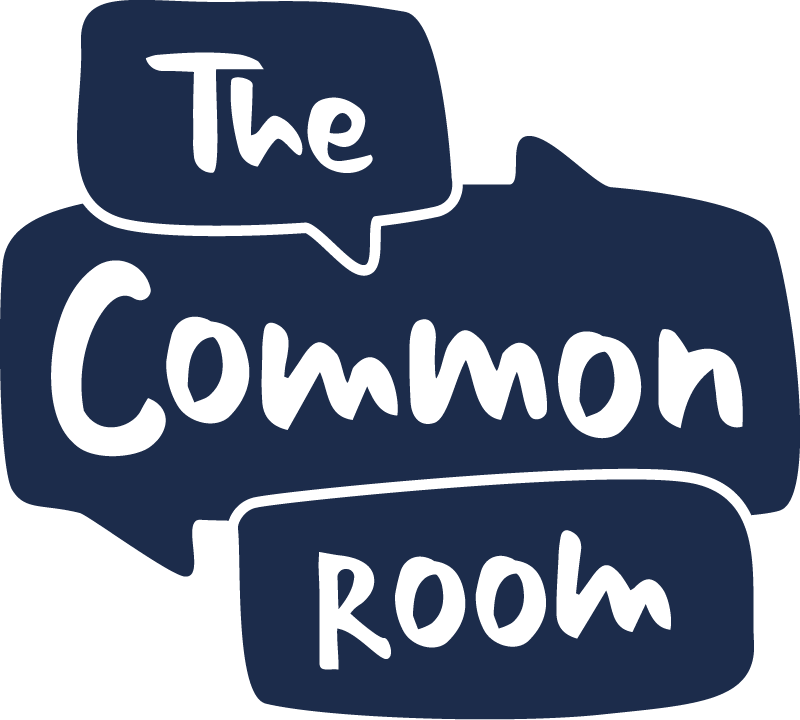Has politics become all tip and no iceberg?
29 January 2023, 22.4k views
Great political comms should be like the tip of an iceberg, while underneath, there should be some serious weight, intellectual grunt and carefully crafted policies. But does it seem like today’s politics is all tip and no iceberg?
New Zealand politics has its fair share of immortal lines, like this one: “I can smell the uranium on your breath.” That’s David Lange, Prime Minister in 1985, debating our nuclear-free policy. Twenty years later, Don Brash apparently said the no-nukes policy would be “gone by lunchtime” if he was Prime Minister.
Great one-liners like these have always been part of politics because it’s always been about style and substance. Great comms can inspire us, help us to make necessary changes, or unite us when there’s a crisis. But what happens when it’s about image first and substance last – when politics becomes comms – when it’s more about the message, and less about the result?
This Labour government’s really good at comms, and that’s been important in some tough situations, like responding to the mosque terror attacks. But great comms should be like the tip of an iceberg and underneath, there should be some serious weight, some intellectual grunt, carefully crafted policies. Right now, it seems like politics is all tip and no iceberg.
The trouble is, this doesn’t get results. Rhetoric doesn’t change reality – just look at our COVID response. We had all the wordsmithing in the world. We were a “team of five million” – except for the Kiwis overseas who were shut out by an MIQ lottery that breached the Bill of Rights Act. We were going to “go hard, go early” – but experts said our testing strategy was “reactive and conservative”. We were told endlessly to “be kind”- then the PM quite happily created a two-tier society designed to marginalise anyone who wasn’t vaccinated.
And it’s not just COVID policy. This government promised to solve the housing crisis with 100,000 KiwiBuild houses in 10 years. So far, we’ve got 1300 houses in 5 years – just 98,700 to go! Compassionate public leadership after the mosque terror attacks was followed by ill-conceived hate speech proposals. During the pandemic, the Government tried to brief “COVID commentators” to improve its public image. They promised to be the most transparent government ever but, says one senior journalist, have turned out to be “one of the most thin-skinned and secretive” she’s experienced.
So why do politicians do this? One reason is that we let them. We even reward them for it. Labour went from zero to hero in the 2017 election campaign with nothing more than a change of leader, a hashtag, and some impossible promises. If that’s what it takes to win our votes, expect to see more of it.
There’s a deeper reason too. The media we use make us treat politics like entertainment. A famous media theorist called Neil Postman predicted this. Back in the 80s, he wrote a book called Amusing Ourselves to Death – the title kind of gives away what he thought was the problem. The issue in his day was television, but everything he said applies even more strongly to our age of social media. Any new medium, he said, creates “new forms of truth-telling” by privileging certain kinds of content. These days, communication is tweetable, Instagrammable, and simplistic – and therefore, so is truth. But it doesn’t have to be.
Here’s three things we can do about this.
First, we can expect politicians to show some leadership, give us more than just soundbites and treat us like adults – and when they do, we should reward them for it with our support.
Second, cultivate a bit of healthy realism and ask what the facts really are. If a politician tells you something that sounds too good to be true, it probably is – even if it comes in a beautiful narrative package.
Third, ask yourself some questions about your own media consumption. Check what you’re paying attention to – don’t just feed on a diet of social media, get out of the echo chamber, and find independent voices you can trust.
Style’s great, but it’s not enough by itself. Let’s put some substance back in the public square.
I’m Alex Penk, Independent Researcher and Writer, for The Common Room.




